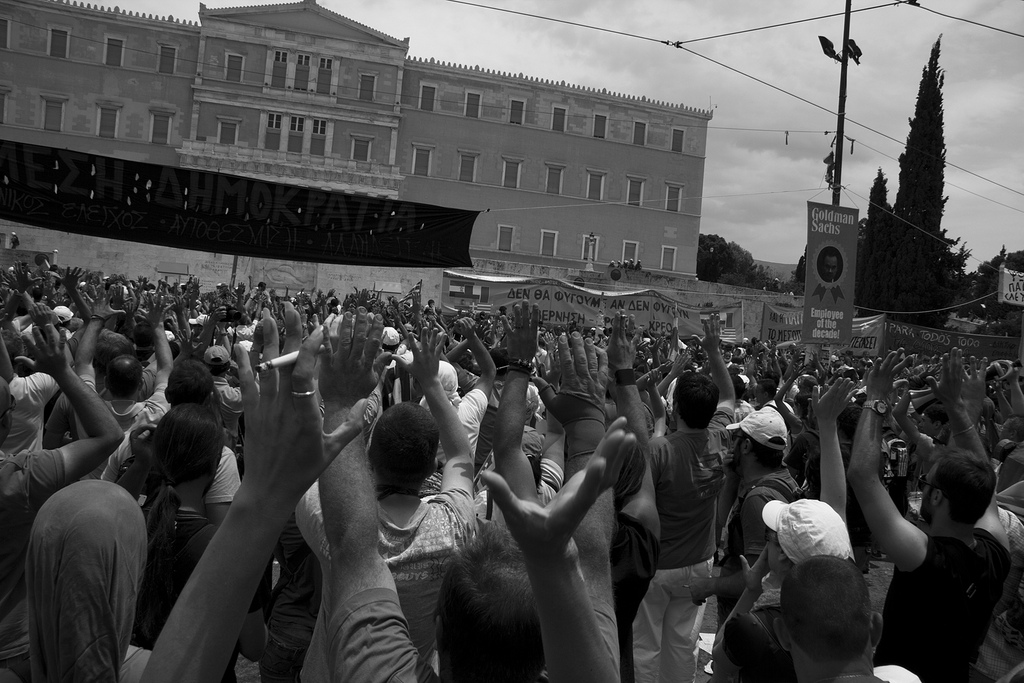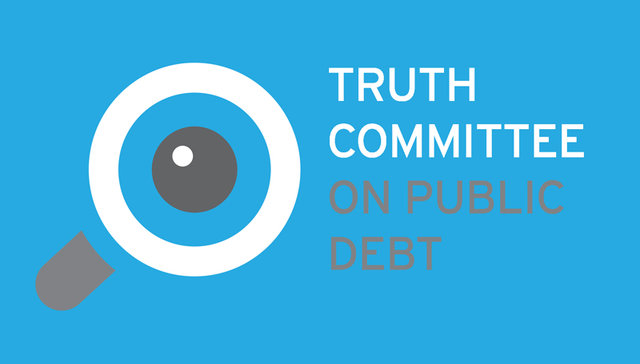Originally Published by International Citizen Audit Network
Crisis. Originally, the word derives from the ancient Greek verb “krinein”, meaning to judge in order to take a decision and its noun, “krisis”, meaning judgment, decision. According to Steven James Venette[1] “crisis is a process of transformation where the old system can no longer be maintained.”
In Greece, the obsessive persistence of the ruling elites in rescuing by any means the current socioeconomic system, even during its long phase of death rattle, has fuelled a significant social mobilisation towards the Alternative Route, striving to transform crisis to krisis.
Several citizen initiatives and grassroots groups organise, since 2012, the Festival for Solidarity and Cooperative Economy (#Festival4sce) seeking to build the foundations of another world that is not only possible, but already growing.
Following the links between the social impacts of the austerity imposed during the last four years in Greece and the alternatives proposed by citizens themselves, this series of articles is structured around four main axes:
- The social impact of austerity measures imposed by the Troika in Greece
- The societal response to austerity; the creation of solidarity networks
- The history, role and objectives of the Festival for Solidarity and Cooperative Economy
- The challenge of linking struggles on national and international level
[1] Venette, S. J. (2003), “Risk communication in a High Reliability Organization: APHIS PPQ’s inclusion of risk in decision making”, North Dakota State University.



